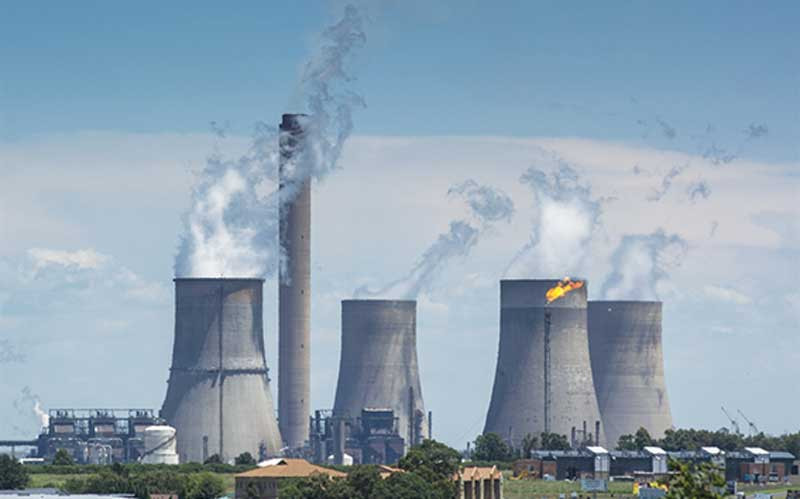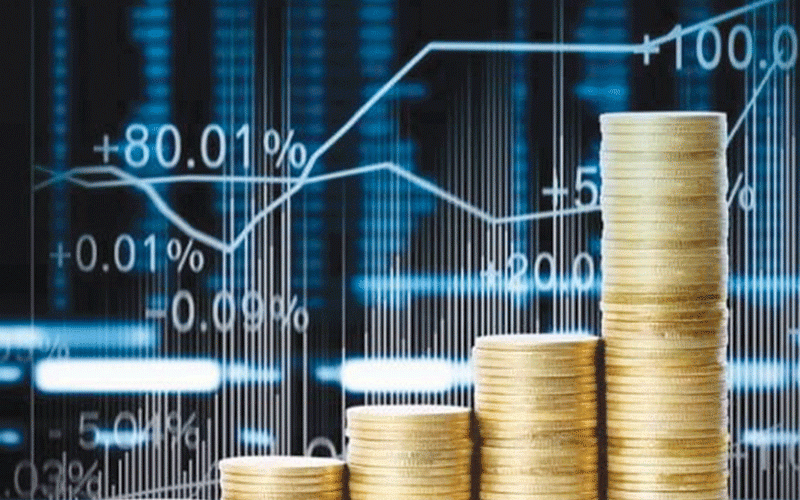
MOTHER Earth is in a huge conundrum. And human beings seem not to have an idea how to address the climate change quagmire afflicting Mother Earth.
They also do not know how this started other than that humans are responsible for virtually all global heating over the last 200 years.
Human activities reportedly caused greenhouse gases that are warming the world faster than ever in at least the last 2 000 years. There are currently nearly eight billion people alive today.
However, estimates suggest that about 107 billion people have lived on Mother Earth and that means that there are 15 dead people for every person living today, and the impact of their activities today seems to have more destructive effects on Mother Earth than in recent centuries.
It is estimated that since the 1800s, human activities have been the main driver of climate change, primarily due to the burning of fossil fuels like coal, oil and gas.
In short, industrialiation which got the world to where it is today in terms of mechanical, technological and economic development is, largely, what is driving climate change. Every human development that has taken place in the last 200 years, came with destruction to Mother Earth.
According to the latest data on carbon emissions, the top five countries which have produced, in aggregate, the most carbon dioxide since the 1760 to 1840 Industrial Revolution are the United States (US), China, Russia, Germany and the United Kingdom.
In 2020, the largest emitters were China, the US, India, Russia and Japan. African countries combined are among the least emitters, yet they are among the worst victims of climate change. That is how unfair it is.
- SA vigilantes kill Zim man
- Africa must forgo gas exploration to avert climate disaster, warn experts
- Africa must forgo gas exploration to avert climate disaster, warn experts
- COP26 a washout? Don’t lose hope – here’s why
Keep Reading
For these reasons and others, the average temperature of the earth’s surface is now about 1.1°C warmer than it was in the late 1800s, that is before the industrial revolution, and warmer than at any time in the last 100 000 years. The decade 2011-2020 was the warmest on record, and each of the last four decades has been warmer than any previous decade since 1850.
The past four years have recorded some of the globe’s worst weather phenomena. East African countries experienced their worst drought in four decades in 2023, while southern Africa has this year just witnessed its driest and warmest February in 40 years. These are signs that Mother Earth is headed towards its worst and human beings are the worst victims.
According to human science and research, burning fossil fuels is generating greenhouse gas emissions that act like a blanket wrapped around the earth, trapping the sun’s heat and raising temperatures. And that means the climate solution is to reduce carbon emissions.
The challenge with climate change is that the largest emitters are not the worst affected by climate change and yet less emitters are the most affected. Migration to the largest emitters, who are less affected by climate change, will increase.
One can bring in the racial dimension into the discussion, but the fact that we all depend on one another means that no one is safe, hence the need to have all hands on the deck to reverse climate change.
The climate change debate is not as clean as it should be despite that its impact is hitting us every second and eating into our daily and conventional livelihoods. Some argue that the earth’s natural carbon cycle moves a staggering amount of carbon dioxide around our planet.
Some parts of Mother Earth, such as the oceans and forests, absorb carbon dioxide from whatever source and store it for hundreds or thousands of years. These are called natural carbon sinks. In addition, natural sources of carbon dioxide such as undersea volcanoes and hydrothermal vents release carbon into the atmosphere.
And on these accounts and others, they argue that this natural movement of carbon diminishes humanity’s contribution to just 10% of the overall carbon emissions.
If human activity is responsible for only 10% compared to what nature does, then why are scientists so concerned about human emissions driving climate change?
It is a tough question to answer, but perhaps, we can settle on the assumption that the extra chunk of carbon emissions from today’s human activities is tipping out the equilibrium of what should be the naturally balanced cycle. Human activities are emitting more carbon into the air faster than the planet’s sinks can absorb.
This is why this world needs to invest in clean energy to reduce carbon emissions and this requires global commitment from the major emitters who happen to be major economic powers.
But there is also a possibility of investing in capturing and recycling carbon dioxide from the atmosphere and converting it to a fuel source.
That means that instead of mining fossil fuels, the world should focus on sucking carbon from the atmosphere, while reducing its emission. But we can also count on nature’s help to reduce the amount of carbon in the atmosphere; that is if we give it the change.
Plants take in water and carbon dioxide from the atmosphere and through photosynthesis convert it to oxygen and organic compounds. This means, the more plants are available, the more carbon dioxide is absorbed.
Other than that, it will take centuries for carbon dioxide in the atmosphere to be fully absorbed into the oceans.
Tapiwa Gomo is a development consultant based in Pretoria, South Africa. He writes here in his personal capacity.







